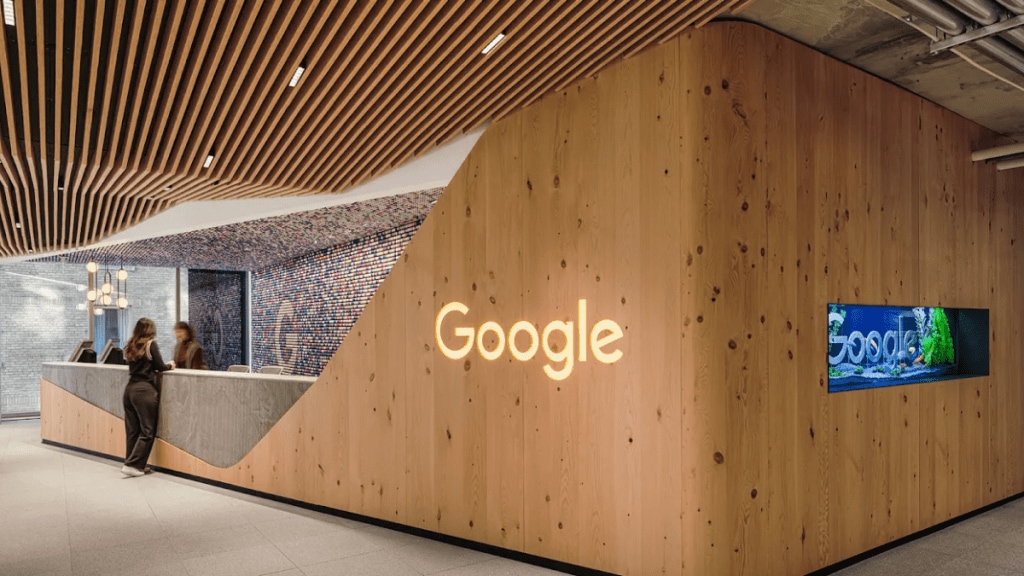A former Google engineer, Jad Tarifi, has opened up about his decision to leave a decade-long career at one of the world’s biggest tech companies to start anew in Japan. In an as-told-to essay published by Business Insider, Tarifi explained that his vision for developing robotics-driven AI systems no longer aligned with Google’s advertising-centric business model.
Tarifi, who completed a PhD in AI at the University of Florida, joined Google in 2012. Over the years, he witnessed the evolution of artificial intelligence, including the emergence of transformer models that now power generative AI. He said Google played a crucial role in shaping his leadership values — from empowering engineers to fostering a culture where “people can challenge ideas safely.”
‘Google wasn’t the place to build personal AGI’
As Tarifi’s ambitions grew, he realized Google was not the right environment to pursue his dream project. “If you want to do something different, like build a personal AGI, that might not fit with their advertising model,” he told Business Insider.
In 2020, during his final year at the company, Tarifi requested a transfer to Tokyo — a move that would ultimately define his next chapter. Japan’s thriving robotics ecosystem, he said, offered the perfect foundation for his new venture. While the US leads in AI research, its robotics sector lags due to years of manufacturing outsourcing. Japan, on the other hand, remains the global hub of industrial automation.
Combining AI and robotics in Tokyo
“Going to Japan allowed me to combine the best of AI from Silicon Valley with the best of robotics in Tokyo,” he said. Immersing himself in the local ecosystem — from suppliers to manufacturers and customers — helped him understand the importance of designing products for real-world applications.
Tarifi left Google in 2021 to establish Integral AI, a startup focused on developing AI systems for robots and autonomous vehicles. But building a business in Japan came with its share of bureaucratic challenges. He described dealing with rigid administrative procedures, traditional “hanko” stamps for documentation, and lengthy banking processes that took months to complete.
Despite these hurdles, Tarifi said the experience was invaluable. Japan’s methodical and structured approach to engineering, he noted, encourages sustainability over speed. “While Silicon Valley encourages ‘move fast and break things,’ Japan forces engineers to think systematically, iterating step by step. It feels healthier and more sustainable,” he said.
Tarifi believes both regions offer unique advantages. “If you want to supercharge your tech career, Silicon Valley remains the place to be. But if you want cutting-edge tech work without sacrificing community and balance, Japan offers a rare middle ground, where you can have your cake and eat it too,” he said.

